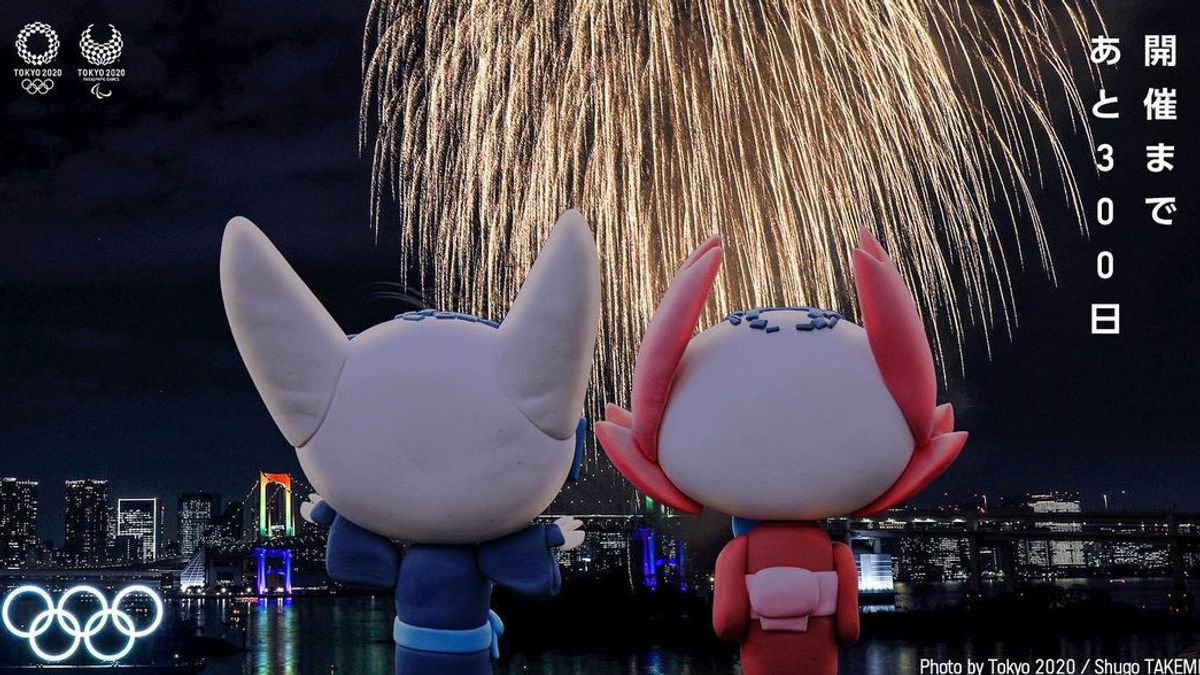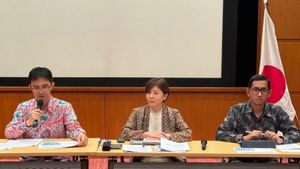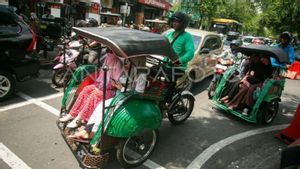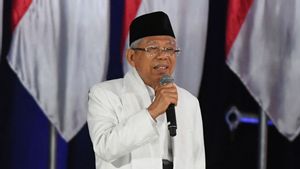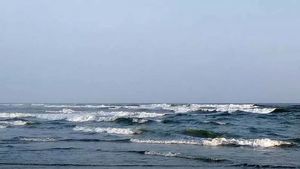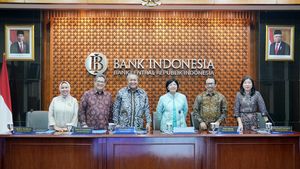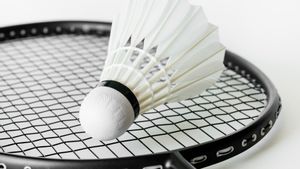JAKARTA - In November 2020, three weeks before the first vaccine was made available to the public in the UK, International Olympic Committee (IOC) President Thomas Bach said he hoped an effective vaccine would help the Olympics run safely.
But in January 2021, Olympic organizers realized they might not be able to count on the vaccine launches they hoped for. This is because delivery delays have hampered the process of vaccine launches, especially across Europe.
"I think a lot of people have the belief that once the vaccine starts rolling out it will be the end of COVID-19 and what we will see is that the transmission rate will start to decrease, things will become more controlled and we will have the ability to return to the lifestyle. that's more normal, "says Jason Kindrachuk, an infectious disease specialist at the University of Manitoba in Canada.
"The fact is that even with good vaccine launches in some regions of the world, we are still having a hard time curbing transmission," he added.
Quoting CNN, Saturday, January 30, 2021, Bach said Olympic organizers would make great efforts to ensure that "Olympic participants and visitors arriving (in Tokyo) are vaccinated."
But he also rejected suggestions that vaccinations are mandatory for athletes, something Tokyo 2020 CEO Toshiro Muto echoed during a conference call on Wednesday January 27.
The ranking of Olympic participants on the priority list for vaccines will likely be a topic of debate. Among athletes, the general sentiment is that they are actually ready to wait.
"I think everyone, as far as I know in Team United States (US), is on the same page," said Colleen Quigley, who competed in the 2016 Rio Olympics.
"Yes, we want to get vaccinated so we can go to the Olympics safely and we can compete in the Olympics safely, but also realize that we are not first on the list. There are lots of people, old people and people who work in the grocery store and who are teachers and in the hospital, all these people who are on the front lines, they will definitely be in front of us, "he added.
In addition, logistical constraints in vaccinating athletes on a global scale are also a major problem. Especially given how vaccine access, often associated with national wealth, varies across the globe.
"We already have problems in high-income regions trying to roll out a vaccine in a region that buys millions of doses and trying to figure out: how do we really target people who are at high risk versus those who may not fall into the category of the group with that high-risk disease. ? " said Kindrachuk.
"Then you start to see more middle or low income regions of the world, they can't even think about what that vaccine launch will be like because of logistical problems, storage problems, and the fact that most of the vaccines have been bought by the richest countries in the world," he added.
The IOC refers to a statement released on Tuesday 26 January 2021 that outlines the "COVID-19 countermeasures toolbox" to be implemented during the Olympics, including "immigration procedures, quarantine measures, testing, personal protective equipment, contact tracing and vaccinations."
"A vaccine is one of many tools available in a toolbox, to be used at the right time and in an appropriate manner," the statement said.
"The IOC strongly supports the priority of vaccinating vulnerable groups, nurses, medical doctors and all those who keep our communities safe. The IOC will work with the NOC (National Olympic Committee) to encourage and assist athletes, officials and their stakeholders to get vaccinated at their country of origin, in line with national immunization guidelines, before they go to Japan, "he added.
Tokyo was in a state of emergency in early January when COVID-19 cases hit record levels. Across Japan, the public is worried that the Olympics will continue given the current state of the pandemic.
A recent poll by Japanese public broadcaster NHK found that 77 percent of respondents felt the Olympics should be postponed or canceled completely. Only 16 percent support its implementation this year.
The Australian Open, which takes place on February 8, 2021, has provided an overview of the potential difficulties facing Olympic organizers. They said they would monitor events in Melbourne as well as sports competitions elsewhere.
A total of 72 players were placed under strict hotel quarantine for 14 days ahead of the tournament after testing positive on their flights. Others have been given five hours each day to train in a super safe or bio-secure bubble.
Cancellation IssuesAs organizers continue to evaluate how to safely host the Olympics, they must also rebutt reports that say the Olympics will be canceled. Last week, the Times of London, quoted an unnamed senior member of the ruling coalition as saying Japan concluded the Olympics could not resume amid the pandemic.
The IOC immediately denied and said the report was untrue. Tokyo 2020 organizers, meanwhile, offered assurances that they were "fully focused on hosting the Olympics this summer."
At a press conference on Wednesday January 27, Bach reiterated that the IOC is confident of holding the Olympics safely.
"We are not speculating about how the games will be canceled, we are working on how the Olympics will go," he said.
The IOC also added that more than 7,000 sporting events have been organized by international federations this winter. None of these events have developed into hotspots for the spread of COVID-19.
The English, Chinese, Japanese, Arabic, and French versions are automatically generated by the AI. So there may still be inaccuracies in translating, please always see Indonesian as our main language. (system supported by DigitalSiber.id)
